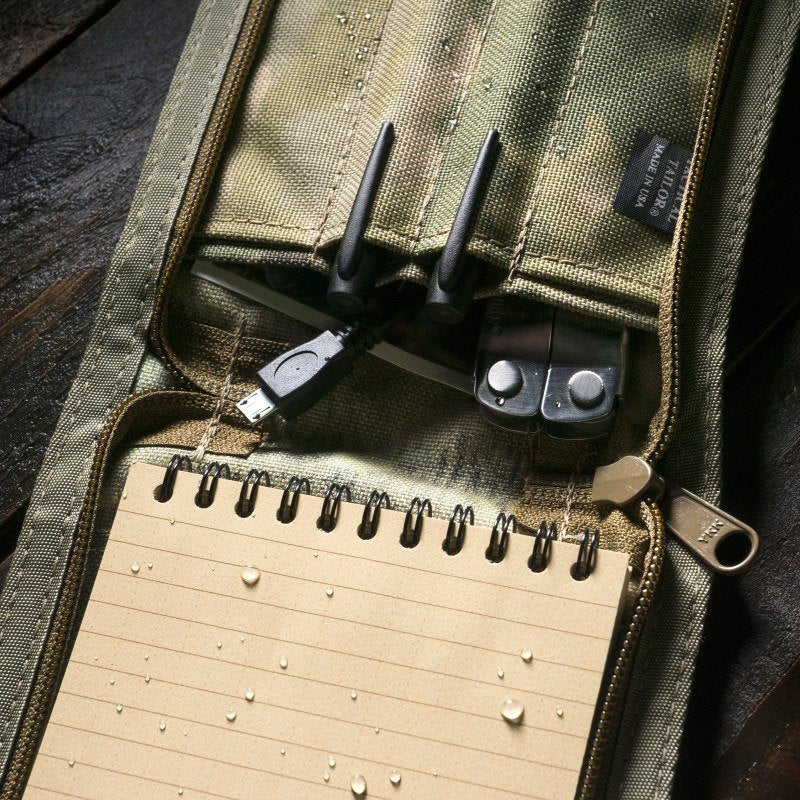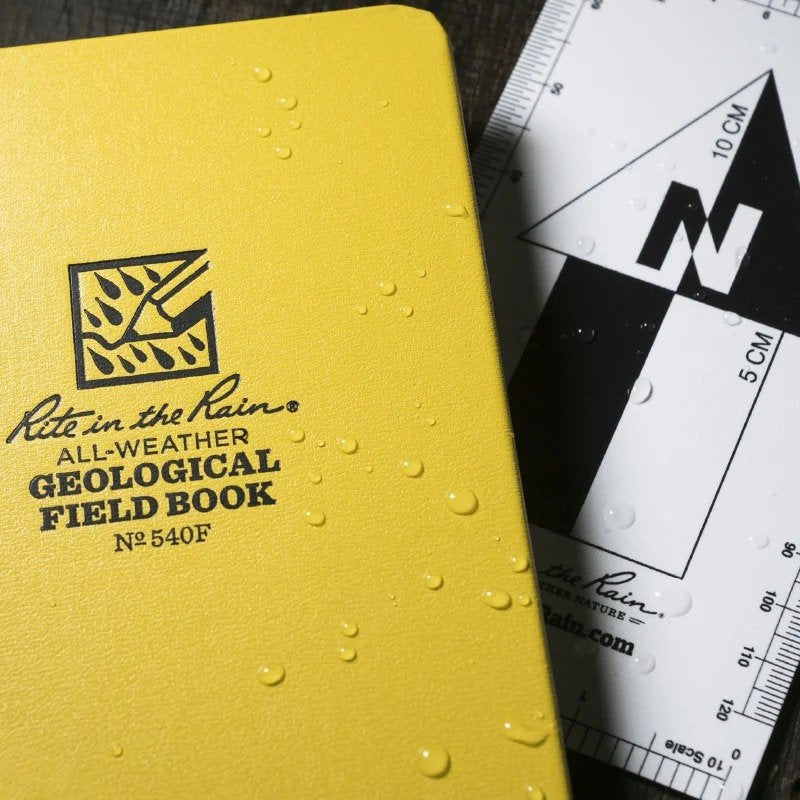If you’re looking to improve your angling skills then keeping a fishing journal is a great way to do it. Writing notes on your fishing trips allows you to take note of the conditions and techniques that were successful, or the factors that made the trip unsuccessful. This allows you to build on your skills and ultimately become a better angler. Start progressing your fishing skills today with our top tips on how to keep a fishing journal.
Choose Your Journal
The first step in how to keep a fishing journal is to choose the right medium for writing your notes in. Fully waterproof with easy-to-fill-in forms, The Rite In The Rain Fishing Journal is designed for practical use by the water. All the pages in this fishing journal are waterproof, enabling you to record critical data clearly and in all weather conditions. It is also the perfect size to bring alongside the rest of your kit. If you’re a fly fisher then Rite In The Rain’s specialist Fly Fishing Journal is perfect. This specialist notebook allows you to record details of your favourite fly fishing spots, noting which techniques worked and which didn’t, helping you to improve your fly fishing expertise.
Observe The Weather Conditions
When thinking about how to keep a fishing journal, one of the most important factors to take note of is the weather conditions. This includes air temperature, cloud cover, wind speed and precipitation. These conditions are essential to record when thinking about how to keep a fishing journal as they can all influence how fish behave and therefore how many catches you will make. Noting the weather conditions like this is important for determining the optimum conditions for fishing in, so that you plan successful trips in the future.
Note The Phases Of The Moon
The moon’s gravitational pull on the earth creates tidal changes that affect species living in the water. Some species of fish, such as trout, tend to feed harder at night during a full moon, resulting in less activity during the day. That’s why an important aspect of how to keep a fishing journal is recording the phases of the moon, so that you can compare your successes/failures in relation to the phases of the moon.
Consider Water Conditions
Water temperature, water level and water clarity are all important factors to take note of when thinking about how to keep a fishing journal. These will all affect the times at which the fish feed and when they are most active. By noting the water conditions at different locations, you’ll soon notice the water conditions which are most successful for your fishing trips.
End With General Notes From The Day
One of our best tips for how to keep a fishing journal is to take the time at the end of each fishing trip to record any final, general notes. This may include the best hours fished and the different types of species caught. This is also a good opportunity to reflect on the techniques that you found successful, and those that didn’t work quite so well, in order to progress your skills.



